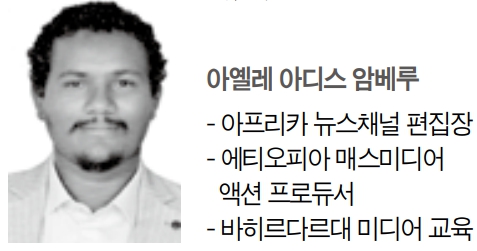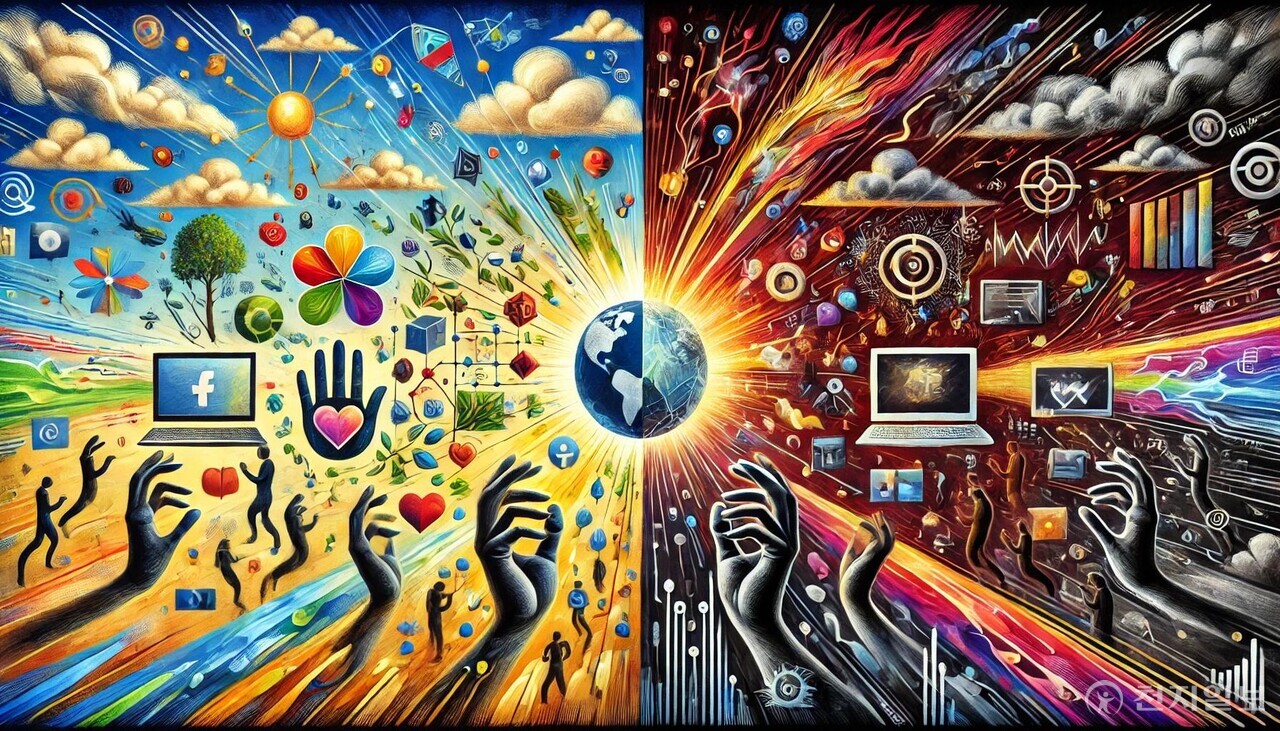
In an age where information travels faster than ever, social media has become the fulcrum of power struggles, a platform for unprecedented political expression, and a Pandora’s box of challenges. These digital spaces are where revolutions are sparked, misinformation festers, and governments grapple with control. From the corridors of Washington to the bustling streets of Lagos, social media isn’t just a communication tool; it is a battleground for narratives that shape national interests, political ideologies, and the collective consciousness of billions.
The global significance of social media cannot be overstated. Recent reports reveal that over 60% of the world’s population actively uses social platforms, contributing to a dynamic where citizens, governments, and corporations continuously influence and counter-influence each other. This analysis explores the socio-political and economic stakes tied to social media, incorporating exclusive interviews, case studies, and expert insights to understand why it’s both a blessing and a threat to global stability.
Social media’s influence on political narratives is unparalleled, enabling political leaders, activists, and ordinary citizens to share their views, rally support, and challenge dominant narratives. However, this decentralization of information also creates opportunities for manipulation. Political entities increasingly use social media for propaganda, as demonstrated by the Russian interference in the 2016 U.S. presidential election. According to a 2023 Oxford Internet Institute report, over 70 countries have employed computational propaganda to influence public opinion in the last five years. This growing trend highlights how platforms can distort political narratives on a global scale.
Dr. Carla Mendonza, a digital policy expert, observes, “Social media algorithms prioritize sensationalism over truth, making them fertile ground for weaponized information campaigns. Governments and private actors alike exploit this, creating echo chambers that undermine democratic principles.” Algorithms that prioritize engagement often amplify divisive content, creating fragmented societies. For example, a Pew Research Center study found that 64% of Americans encountered politically biased content that reinforced their existing beliefs. This erosion of trust in institutions poses a serious challenge to global democracy.
While social media has empowered grassroots movements like the Arab Spring, it has also been weaponized for repression. Myanmar’s military forces used Facebook to incite violence against the Rohingya minority, and China’s Great Firewall censors dissenting voices, demonstrating how governments exploit digital platforms to maintain control. A Reuters investigation into the 2020 Belarus protests revealed that the government employed advanced surveillance technologies to track social media posts and preemptively arrest dissidents. These instances underscore the double-edged nature of social media as a tool for both liberation and control.
The economic implications of social media extend far beyond advertising revenues. Platforms like Google and Meta generate over $300 billion annually through digital advertising, but their monopolistic practices raise concerns about unfair competition. The European Union fined Meta $1.3 billion in 2023 for violating data privacy laws, exemplifying the growing push for regulatory oversight. A McKinsey & Co. study revealed that digital advertising now accounts for 80% of the global ad market, leaving smaller firms struggling to compete.
Despite these challenges, social media has created opportunities for entrepreneurs and influencers. TikTok, for instance, has enabled small businesses to reach global audiences. However, these benefits are unevenly distributed. A World Bank report noted that low-income countries often lack the infrastructure to access digital markets. Ahmed Idris, a Nigerian tech entrepreneur, states, “While platforms like Instagram have allowed us to sell locally made products internationally, high internet costs and lack of support for small creators limit our potential.”
The pursuit of engagement has also led to harmful monetization practices. Facebook’s internal documents, leaked in 2021, revealed how hate speech and misinformation generated higher engagement, prioritizing profits over societal well-being. This prioritization of profit undermines ethical standards and public trust, highlighting the need for stricter platform accountability.
Governments worldwide view social media as both a threat and a tool, often justifying restrictions in the name of national security. The U.S. banned TikTok on government devices in 2023, citing data privacy concerns and potential Chinese espionage. During Ethiopia’s civil conflict, the government restricted access to Facebook and Twitter to curb misinformation. Authoritarian regimes frequently use social media blackouts to suppress dissent. For instance, Iran’s 2022 internet shutdowns during protests limited activists’ ability to organize.
Electoral manipulation and misinformation are additional concerns for governments. During the 2019 Indian elections, WhatsApp’s encrypted messaging system became a hotbed for political propaganda. Professor Elena Varga, an election integrity specialist, notes, “Misinformation is not just a glitch but a feature of how these platforms operate. Without transparency, democracy will continue to be at risk.”

Social media has profound social implications, influencing public opinion, cultural norms, and interpersonal relationships. Platforms have empowered grassroots movements like #BlackLivesMatter and #MeToo, raising awareness of systemic injustices. However, the rise of misinformation during events like the COVID-19 pandemic has eroded public trust. The World Health Organization labeled this phenomenon an "infodemic," as false claims about vaccines proliferated on platforms like Twitter.
Mental health concerns also arise from social media’s addictive nature. A 2022 study by the American Psychological Association found that excessive use correlates with higher rates of anxiety and depression, particularly among adolescents. This highlights the need for digital literacy and responsible platform design to mitigate negative social impacts.
Citizens play a crucial role in shaping social media dynamics. Digital literacy, ethical content creation, and active participation in regulatory discussions are essential. UNESCO’s 2023 Global Media Literacy Initiative emphasizes education to combat fake news and promote responsible digital engagement. Public pressure has already led to changes, such as Facebook’s introduction of fact-checking programs in 2022.
As governments introduce policies to address social media challenges, platforms face increasing pressure to self-regulate. The European Union’s Digital Services Act, enacted in 2022, mandates platform accountability for harmful content. However, overly restrictive laws risk stifling innovation. International collaboration is crucial to address global challenges. UNESCO’s 2025 World Press Freedom Day conference will focus on AI’s role in media governance, emphasizing the need for ethical frameworks.
Social media is a powerful force shaping political, social, and economic landscapes worldwide. Its potential to empower citizens and amplify marginalized voices is undeniable, but its capacity for harm demands vigilance. Governments, platforms, and citizens must collaborate to ensure that social media remains a tool for progress rather than division.
As social media dynamics evolve, the global community faces a critical juncture. By embracing ethical governance, promoting digital literacy, and fostering accountability, we can navigate the complexities of this digital battleground and harness its potential for a more inclusive and equitable future.

